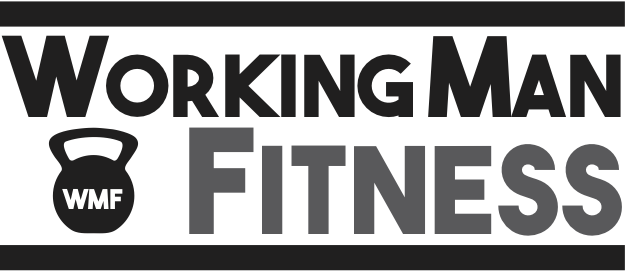The first reason why you should measure everything you want to improve is because you want to improve. You might go for a run and say, “Wow! That felt great—I think I did better than last time!” But, you don’t know if you did better until you measure. Time and distance. Feeling is just subjective.
I run the same 1.5 mile route every time I run. Last time I ran there were two additional variables that could have contributed to a 30 second faster time than the time previous. One was eating a scoop of honey which gave me a nice dose of carbohydrates for energy just before running. The other was the inclusion of a set of 150-200 swings at the end of all my workouts. Those were the only two changes. I know this because I’m keeping track (there were no changes to sleep or diet or stress).
If I wasn’t measuring, I’d have no idea that I improved and wouldn’t be able to draw any correlations to what might have impacted the training.
How can you engineer improvement if you don’t know you’ve improved? Or if you don’t know you’ve gotten worse? You can, but you’ll be doing a lot of guessing and using soft, feel-good words. You hear these same words from politicians–vagaries that sound good but amount to nothing.
For people with appearance-based goals, how many of you have taken pictures of yourself—those dreaded nearly naked pictures—so you have something to compare to later on? If you haven’t, how can you say you look better? How can you quantify it?
Here are some suggestions from a new book I’m working on called How do I get fit?
There are nearly infinite variables for things to keep track of, but here are some of the most important variables to track when you’re getting started:
- Weight
- Height
- Photographic evidence – take three pictures: front side, back side, and side view. No flexing, just stand naturally. Make sure you are barefoot and you are wearing short shorts. Take off your shirt. Ladies, wear a bra.)
- Medical information – get some blood work done up so you know your cholesterol levels. Take your pulse and get your blood pressure taken.
Here are some of the most important variables to track for each individual workout:
- Time it took to complete the workout
- Type of exercise performed
- Any variable about the exercise (if you’re using assistance, additional weight, different foot positions, different hand positions, different footwear, etc. you need to keep track of that)
- Number of sets
- Number of repetitions
- Distance covered
- Notes about how it felt or anything else you feel is important or you want to remember
Measurement is tedious, anal, and somewhat time-consuming. But it will point out mistakes, help you improve faster, and lead to greater self-discovery. It’s worth it.
